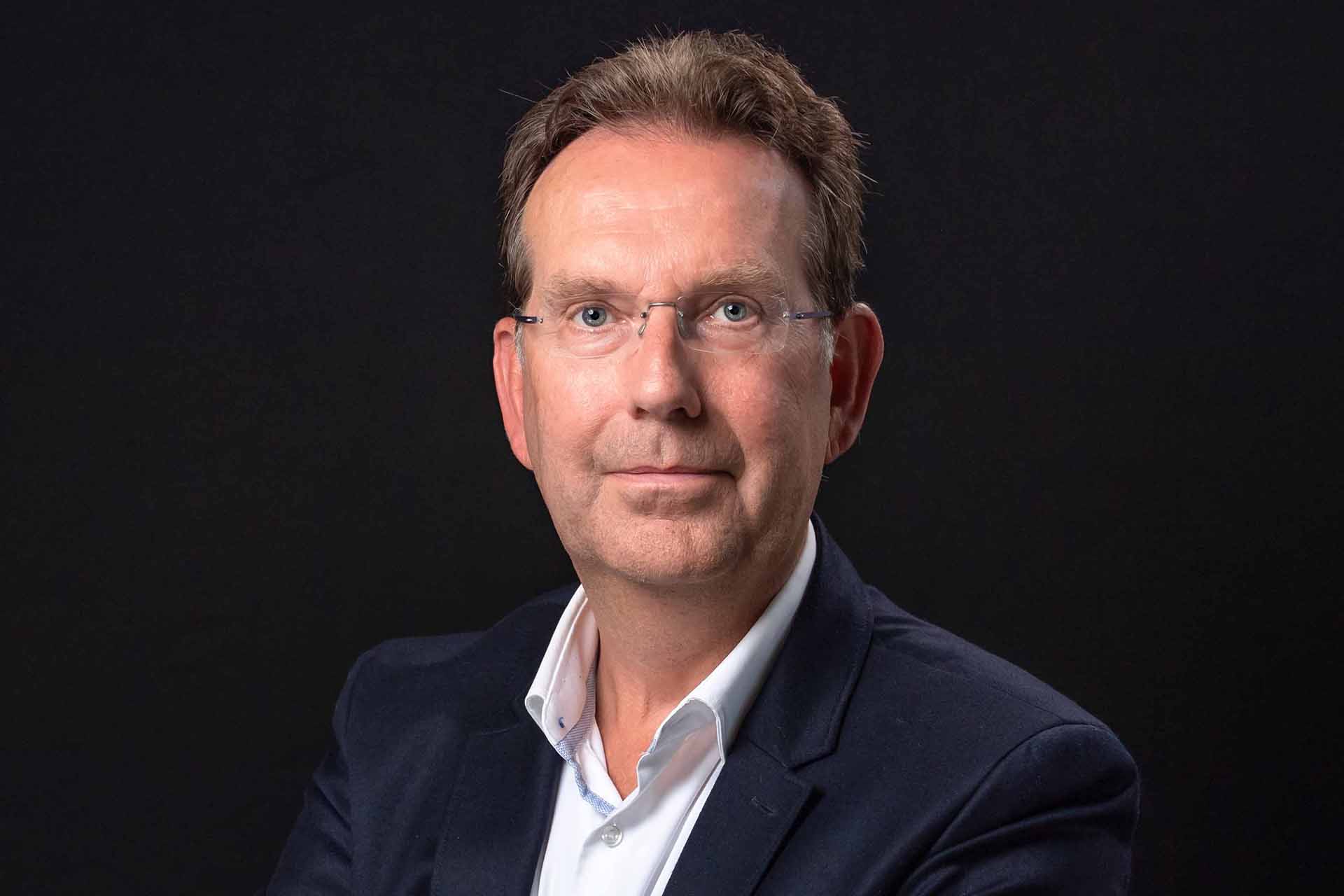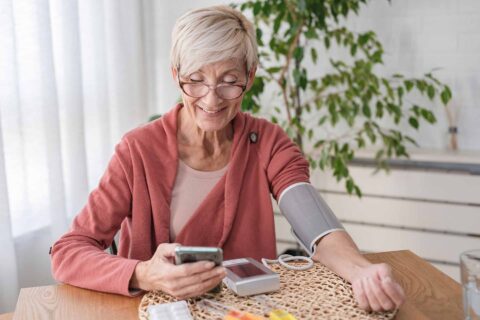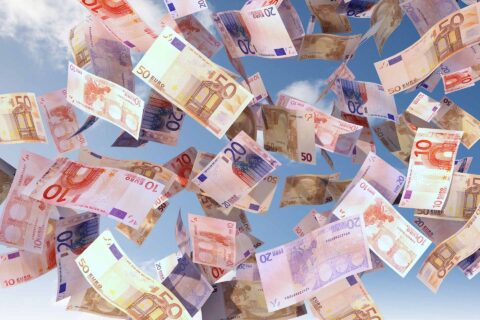Ellogon helps medical experts with AI to with predict whether individual cancer patients are going to benefit from immunotherapy. That increases quality of life and reduces healthcare costs. Meet the fifth finalist of the National Healthcare Innovation Award.
Robert Kuipers has been CEO of Ellogon since early 2021. This startup is developing a tool to use AI to assess whether immunotherapy treatment is effective. This prevents patients for whom immunotherapy will have no effect from still receiving this expensive and invasive treatment. Immunotherapy has fewer side effects than chemo or radiation, but the treatment still has a lot of impact on the patient. The cost can easily reach $150,000 per patient. Therefore, if the treatment can be prescribed in a more targeted way, the impact on costs and quality of life is great.
Time-consuming job
Determining a person's eligibility for immunotherapy is done with tumor tissue removed from patients. The decisive factor is the level of a certain biomarker. Determining this is a time-consuming and difficult task for pathologists. That is why Ellogon deploys AI for this purpose.
Aberrant outcomes
Robert Kuipers: "If you have ten different pathologists review a particular tumor tissue, probably only three or four will agree with each other. And if you have one person review tissue at different times, chances are the outcome will be different."
"Scientific research has shown that of all the people currently receiving immunotherapy, less than 50 percent benefit. So there are many false positives, people who are selected but should not have been selected. And of every 100 people who are screened, 15 are not selected when they could benefit, the so-called false negatives."
Academic centers
The original founders of Ellogon are two professors of AI at the VU: Efstratios Gavves and Evangelos Kanoulas. They came in contact with a pathologist at the Netherlands Cancer Institute (NKI). "One party had AI, the other had an issue. I joined in early 2021 to further build the company and bring our solution to market."
The application has now been validated together with the NKI. Kuipers: "We are now in the process of implementing the system at a number of academic centers. We are focusing mainly on breast cancer, colon cancer and lung cancer.
No software required
In time, any hospital can work with it. "No hardware or software needs to be purchased. We work with software as a service. Scans can be uploaded anywhere in the world. No personal data is required for this, so patient privacy is not compromised."
Grants and loans
Currently, Ellogon is running on grants and loans. It has managed to build the company with these and get CE certification. Kuipers says a first round of convertible loan agreements was done last year. "With that we keep the flexibility to repay those lots or convert them to shares. We are now doing an intermediate round. If we do another limited round, we can show a decent sales funnel. We may then be one of the few start-ups that can be self-sustaining. Should that fail, we can do a grand round in 2025."
Kuipers laments that venture capitalists in Europe are too risk-averse. "In the U.S. you raise money much sooner for a good idea. In Europe they say 'come back when you have a good turnover, then we'll talk further'."
Don't keep talking
Before joining Ellogon, Kuipers guided other startups to market and was a consultant for 20 years. "There I learned a lot of lessons. I agree with my fellow finalist Christoff Heunis that it's not about the technology but about the added value for the end user. Another lesson I learned is that you have to have guts. There is simply no time in a startup to spend months giving presentations. At some point, you have to ask for a "yes or no. If it's no, then you move on to the next one."
For the team
If Ellogon wins the prize, what will they do with the money? Kuipers doesn't have to think long about that. "Then we will do something with the team. We have kept the organization very mean and lean. At the end of the day, it is still the team that is going to determine success. So we would like to give something back."
Zorginnovatie.nl will award the National Care Innovation Prize for the ninth time in 2024 for the most innovative care innovation in the scale-up phase. Participants have a chance to win the professional jury prize worth 10,000 euros and the public prize worth 5,000 euros. The eight finalists will beannounced in the coming weeks. They will pitch their healthcare innovation to an expert jury during the Health Valley Event on March 21. Voting for the public award can be done from March 20 to April 3. The winners will be announced on April 10 during Zorg & ict, part of Dutch Health Week. The finalists will get a spot on the Heart of Health square during this event.












